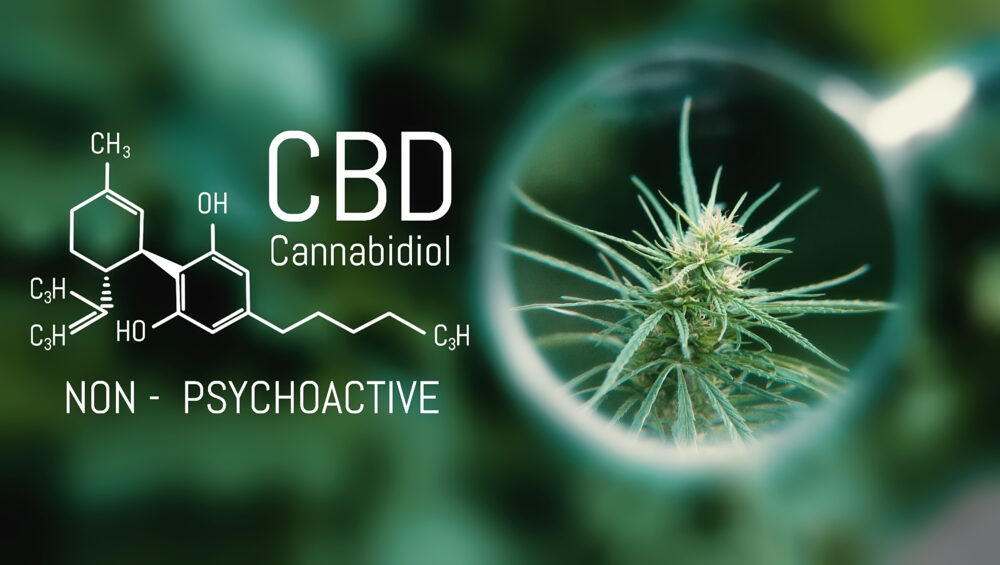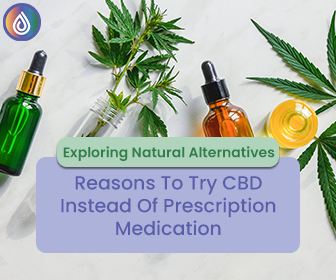3 Facts About the Addictiveness of CBD
Since CBD is a product of the cannabis plant, it’s often associated with it’s marijuana cousin. A plant that will make you feel a “high” and, for some users, can turn into an addiction. This association has lead some to ask the question; is CBD addictive?
No! CBD is a non-addictive substance.
Unlike THC, cannabidiol reacts within the brain and body in a variety of different ways. Furthermore, certain chemical compounds, such as THC, have characteristics which lead to addiction. CBD is void of these.
Within this article, we offer you insight as to why CBD is non-addictive and give comparisons to THC’s addictive qualities.
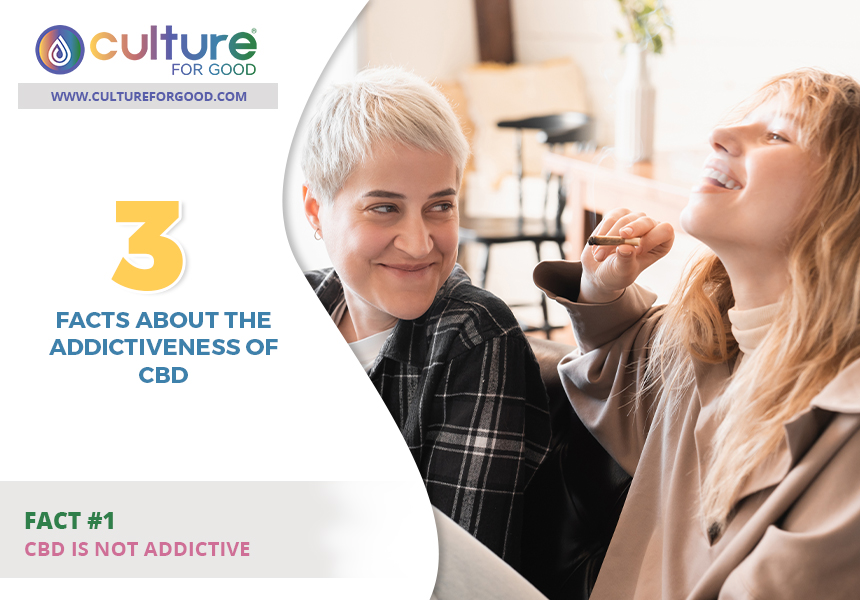
1CBD Is Not Addictive
When it comes to addictive drugs (including alcohol), there is one specific trait almost every has in common, they trigger the release of dopamine¹. Dopamine is a neurotransmitter that releases in the brain’s pleasure center and results in us feeling happy. Naturally, dopamine releases when we’ve overcome challenges (such as graduating college or landing a job) and through certain instinctual behaviors (such as sexual interaction or even eating specific foods)².
All addictive drugs release excessive amounts of dopamine within the brain and, it’s often the reason people have so much trouble quitting. Furthermore, it causes people to experience uncomfortable withdrawal symptoms when they decide to quit.
CBD does not release a large amount of dopamine within the brain. This is the main reason people don’t get high (or feel a sense of euphoria) from taking cannabidiol.
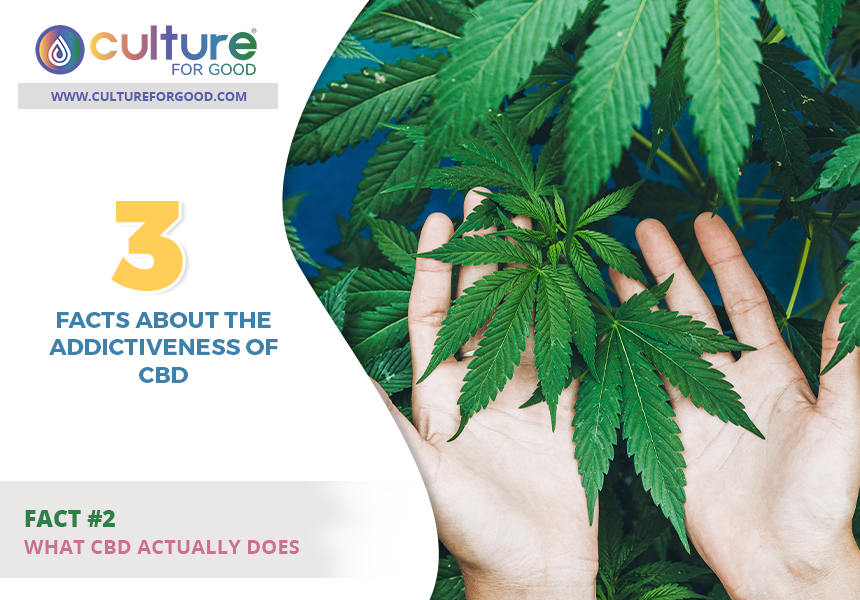
2What CBD Actually Does
In fact, CBD does quite the opposite – it balances out your brain’s neurotransmitters. If your brain does have an excess of dopamine, CBD will lower the amount release, returning the body to a homeostasis state. This is why many have used it as a means of reducing the high brought upon by marijuana³.
To top it all off, people don’t experience withdrawal symptoms when they suddenly stop using CBD.
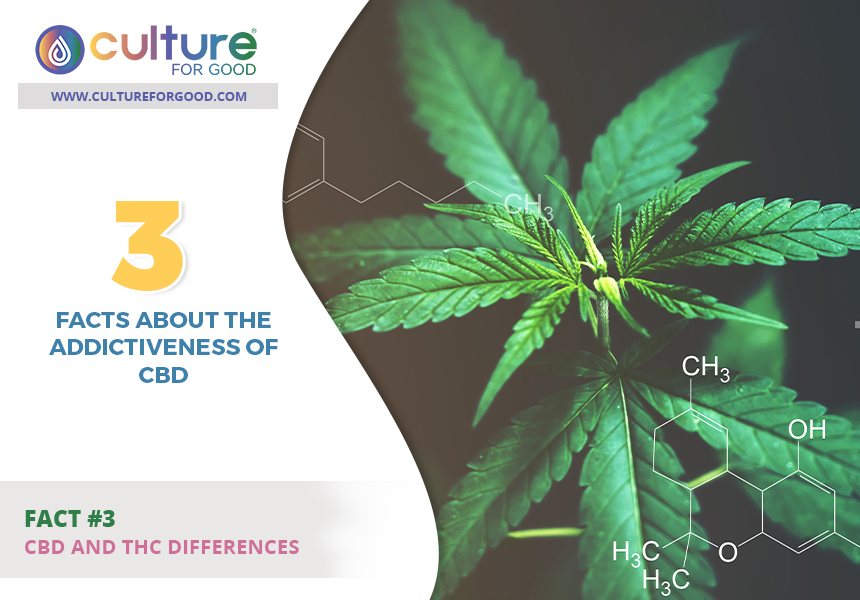
3CBD and THC Differences
So, if CBD doesn’t have addictive qualities, why does THC? The first reason is THC will release dopamine in the brain⁴. As mentioned, drugs that release dopamine can cause addictions. Luckily, THC produces less dopamine than other harmful drugs, such as nicotine and opioids.
However, besides dopamine, there are other traits of THC that make it differ (and more addictive) than CBD. To better understand these, we must see how both chemicals interact with receptors in our endocannabinoid system.
When you smoke pot, THC binds itself directly to specific receptors. The fact that it does so allows people to have similar experiences everytime they light a joint. However, CBD doesn’t bind itself to a specific receptor. Instead, it balances out the receptors within the brain⁵. Meaning, no matter when you take it, no two experiences will be similar.
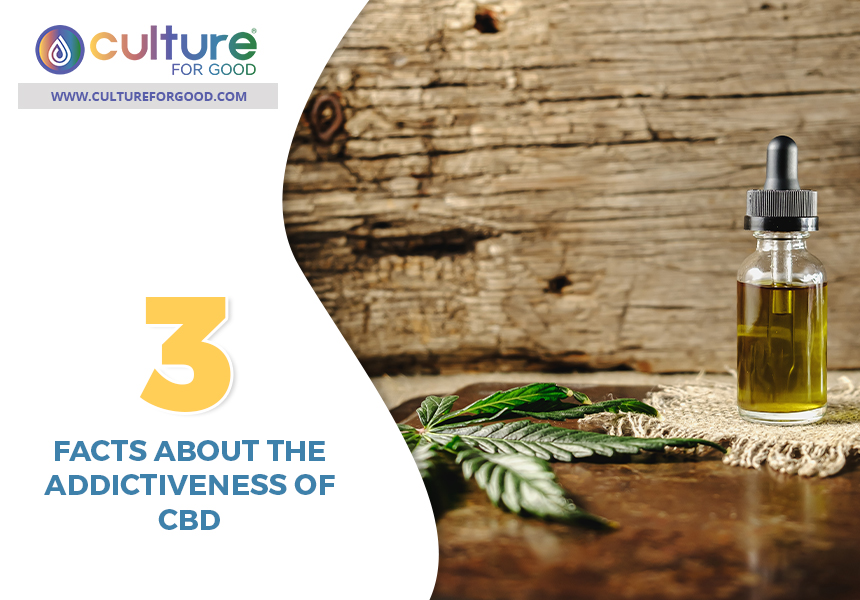
Final Notes
Remember when considering CBD, it is not an addictive substance. You can feel safe to try it without getting worried about becoming addicted. If you have any more questions, feel free to contact us on our Contact Us page.
Reference Sources
¹ NIH News in Health: Biology of Addiction
² NCBI: [Dopamine: not just a neurotransmitter].
³ Rambam Mainmonides Medical Journal: The Endocannabinoid System, Cannabinoids, and Pain
⁴ Europe PMC Founders Group: The effects of Δ9-tetrahydrocannabinol on the dopamine system
⁵ International Journal of Molecular Sciences: Cannabinoid Receptors and the Endocannbinoid System: Signaling and Function in the Central Nervous System
